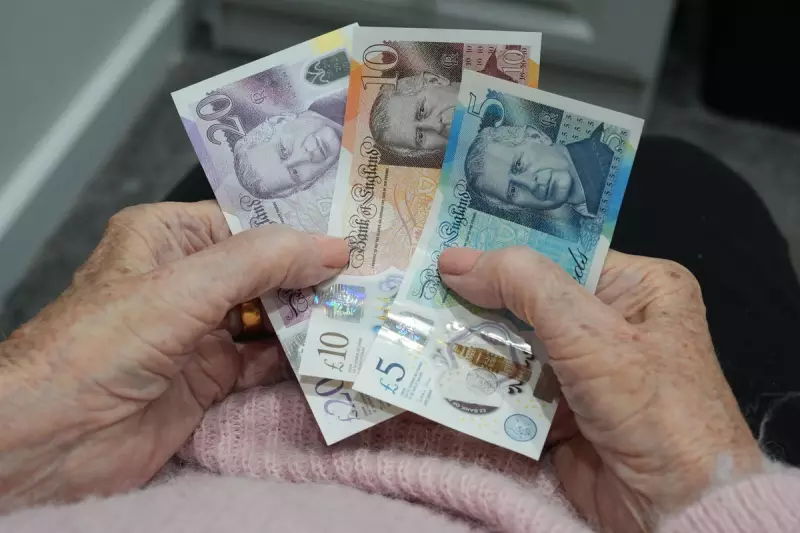
Conservative peers have defeated a Labour-led attempt to scrap what critics describe as the Department for Work and Pensions' "cruel" benefit deduction system, leaving thousands of vulnerable claimants with as little as £15 per week after debt repayments.
The Battle in the Lords
During a heated debate in the House of Lords, Labour frontbencher Lord Alf Dubs spearheaded a motion to abolish the controversial 'maximum deduction rate' that allows the DWP to withhold up to 25% of standard allowance benefits to recover debts.
"We are talking about people having to live on £15 a week after these deductions," Lord Dubs declared, highlighting the severe financial hardship facing many families. "That is simply not enough to live on in modern Britain."
Government's Defence
Conservative Work and Pensions Minister Viscount Younger of Leckie defended the current system, arguing that the government had already taken "significant steps" to support those struggling with debt.
"The government recognises the importance of safeguarding the welfare of claimants who have incurred debt," the minister stated, while maintaining that the existing framework provided adequate protection.
The Human Cost
The debate revealed shocking examples of the system's impact on real people:
- Single parents forced to choose between feeding their children and heating their homes
- Disabled claimants facing destitution after overpayment recoveries
- Families relying on food banks despite being in receipt of benefits
Crossbench peer and disability rights champion Baroness Grey-Thompson emphasised that the current approach "pushes people further into poverty rather than helping them out of it."
Political Fallout
The defeat of Labour's motion represents a significant setback for anti-poverty campaigners and sets the stage for continued political battles over welfare reform. With the cost of living crisis deepening, the controversy over benefit deductions is likely to intensify in the coming months.
Labour has vowed to continue fighting what they describe as "Dickensian" policies that punish the most vulnerable in society, while the government maintains that controlling public spending and recovering overpayments remains essential.





